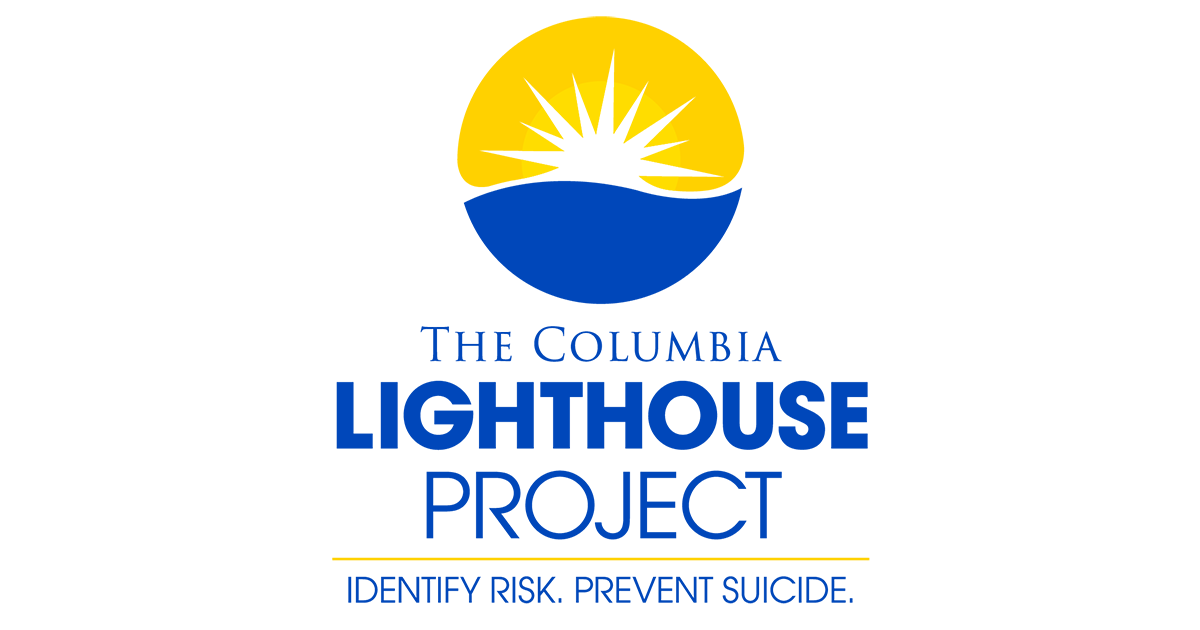- Joined
- Jul 17, 2020
- Messages
- 221
- Reaction score
- 229
Hey there guys.
We were having this discussion on another thread, so I decided to create this one.
What are your real thoughts about the subject?
This is much more common in the US than in other countries, and I do believe it is mostly CYA than actual treatment. I have seen some very absurd cases of people being locked up due to "SI" when it was actually not. I actually think it's quite harmful to just throw people in a little jail for a few days when they say they have suicide ideation.
I'm obviously not talking about those clear cut or psychotic cases, but I see a movement that if you mention the word "suicide" in the ED, you get hospitalized. Since hosp don't prevent suicide, it seems that suicidal patients are just hot potatoes being thrown around and the system doesn't actually want to help them.
I have a funny case to share. Guy did eye surgery, comes back a day later complaining if eye pain. "It hurts so much I could kill myself", he says. NP actually made a invol admission to psych hospital. Needless to say, he had some complication to the surgery that was quickly treated at the Ed. After the treatment, he remained there 2 says before being transferred to a psychiatric hospital.
We were having this discussion on another thread, so I decided to create this one.
What are your real thoughts about the subject?
This is much more common in the US than in other countries, and I do believe it is mostly CYA than actual treatment. I have seen some very absurd cases of people being locked up due to "SI" when it was actually not. I actually think it's quite harmful to just throw people in a little jail for a few days when they say they have suicide ideation.
I'm obviously not talking about those clear cut or psychotic cases, but I see a movement that if you mention the word "suicide" in the ED, you get hospitalized. Since hosp don't prevent suicide, it seems that suicidal patients are just hot potatoes being thrown around and the system doesn't actually want to help them.
I have a funny case to share. Guy did eye surgery, comes back a day later complaining if eye pain. "It hurts so much I could kill myself", he says. NP actually made a invol admission to psych hospital. Needless to say, he had some complication to the surgery that was quickly treated at the Ed. After the treatment, he remained there 2 says before being transferred to a psychiatric hospital.


